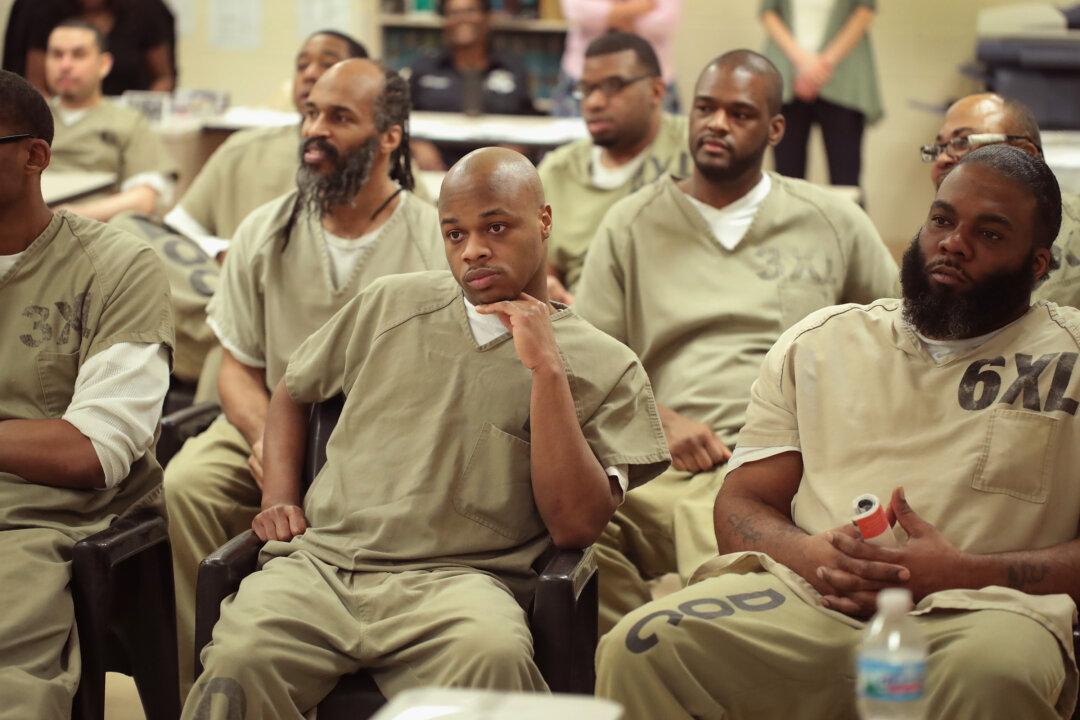Commentary
One positive aspect of having spent three years and two weeks incarcerated in U.S. federal prisons (for crimes I would never have dreamt of committing and of which I was ultimately acquitted and pardoned), was that it gave me considerable insight into the lives and treatment of lower-income African and Latino Americans.





